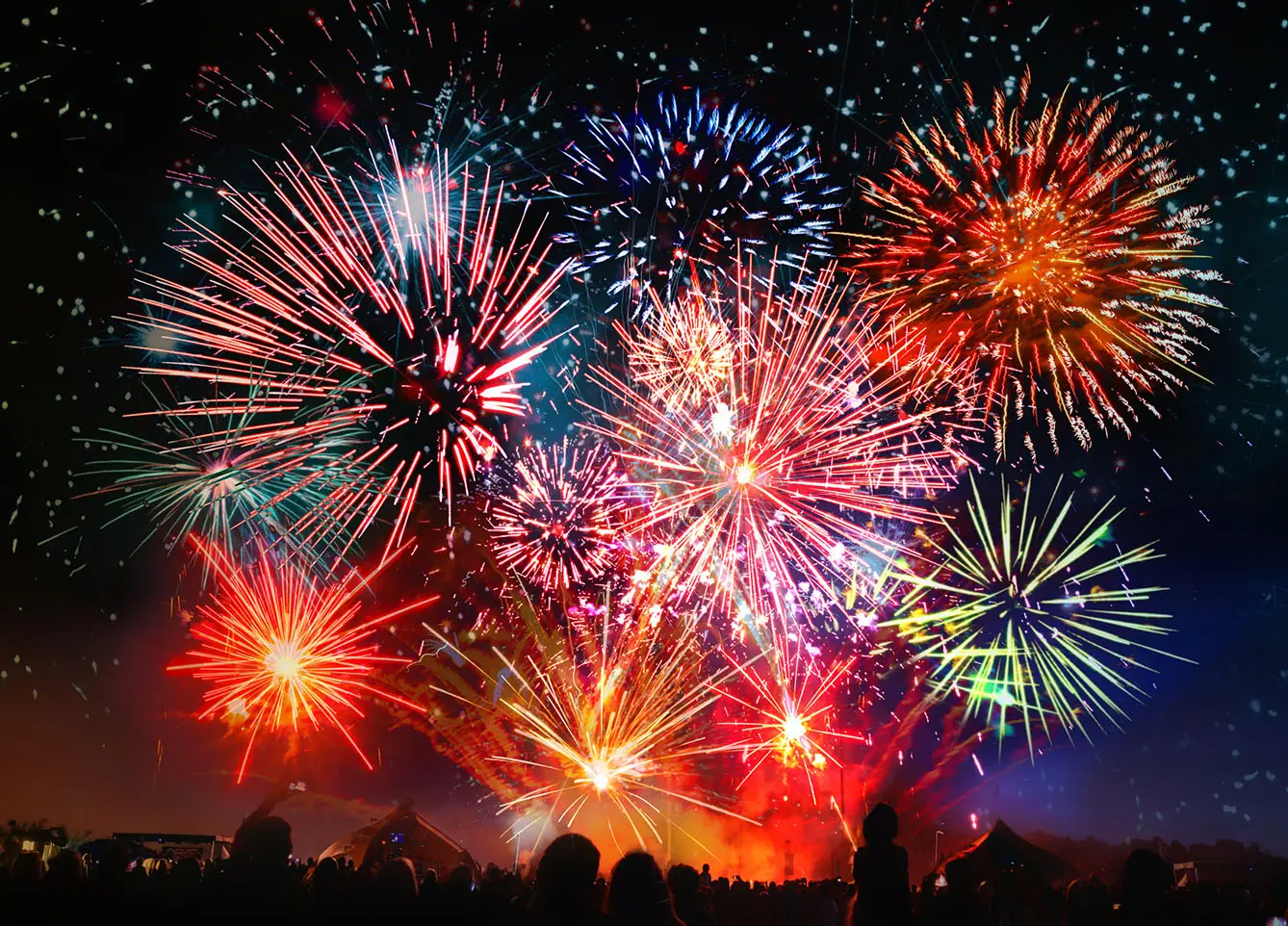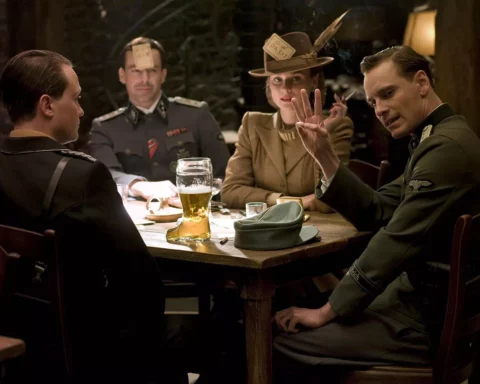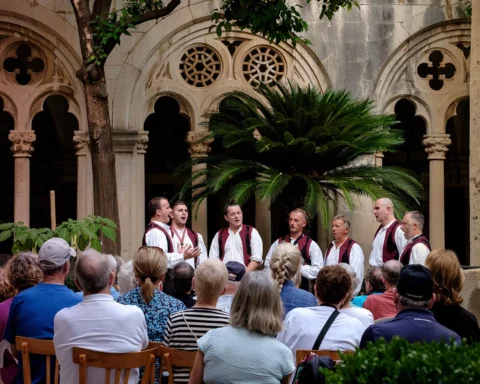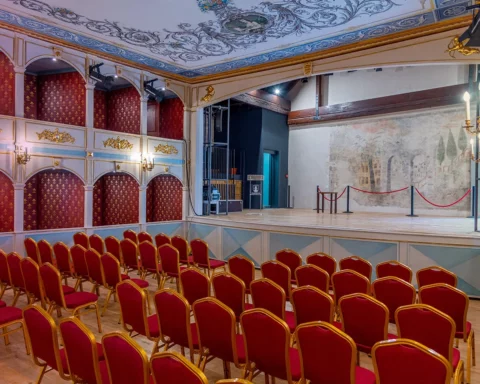Each country of Central Europe has its own traditional element incorporated in anticipation of the New Year. During communist times, in the countries which fell under the Soviet Occupation, it was actually New Year’s Eve that was celebrated much more nationally than Christmas. The aim was pretty clear – the regime, which fought against any form of religion, especially Christianity, did not want to put too much attention on the religious holiday and needed something else to focus on instead. New Year’s Eve served as a perfect substitution.
New Year: Night of superstitions and magic
But the event was celebrated long before the Soviets and communism. For example, in Poland, New Year’s Eve and New Year’s Day were the days that were to determine your entire fortune in the coming year. And so it was absolutely forbidden to clean the house on the last day of the old year. By doing so, you could sweep out luck from your home together with the dirt. The events of New Year’s Day were to be interpreted in the context of what this new year might bring.
There were also many folk traditions, such as getting up early on New Year’s Day, chasing away the old year with wooden rattles, or by winding clocks (by the family’s eldest member). Unmarried women were to look out of their window – if the first person they’d see was a man, then it was possible they would get married in the coming year. It was also necessary to make sure you had everything in the house on the last day of the old year and the first day of the new year, namely: food, water, and cash.
And though we are writing in the past tense, the truth is that Polish people are rather superstitious and (sometimes unknowingly) still tend to stick to some forms of lucky charms on the night of Saint Sylvester. This probably goes for many more nations of the Three Seas States.
Sharing the marvelous and sharing the strange
Poles were not very original or secluded in making a long list of superstitious customs surrounding the New Year. Croats, for example, shared with Poles one interesting superstition we would consider very sexist in today’s world. It was believed that if the first person to visit a household was a man, then the members of the household could look forward to a lucky year.
However, if a beautiful woman were the first to enter the premises on New Year’s Day – misery and trouble were to be expected. Seems kind of crazy, but it was not uncommon for women to stay home on New Year’s morning to avoid becoming the bringer of calamities to their neighbors’ houses!
New Year traditions: Merrymaking at its best
What do we all tend to do these days? Party! Just like our ancestors, who would gather together and sit down to a delicious meal followed by merrymaking. The difference is simply in how we do the “merrymaking” part these days. Seems that all the countries of the Three Seas Region have a large party organized by the authorities in bigger cities, where people can meet and greet the New Year together.
There are also really posh traditions, like the New Year’s Concert held in Vienna. Traditionally, the Vienna Philharmonic Orchestra performs works by the Strauss family. The last tune on the list is always the Blue Danube Waltz, the beginning of which is traditionally interrupted by applause from the audience. Traditionally, the conductor then wishes the audience a happy New Year from the orchestra. Only afterward can the well-loved melody flow from the instruments of one of the most talented musicians in the world.
And why do we all share in fireworks?
This tradition is as old as time. It is believed to have evolved from the belief that noise and fire were to scare away any evil spirits and bring people good fortune. Impressive fireworks displays we can enjoy these days certainly can make us feel like whatever is about to come – ought to be good.







